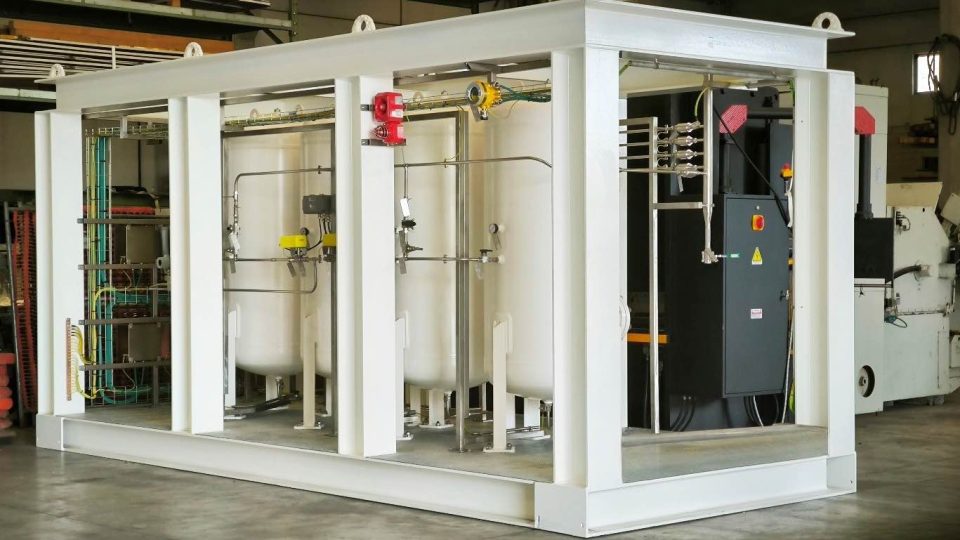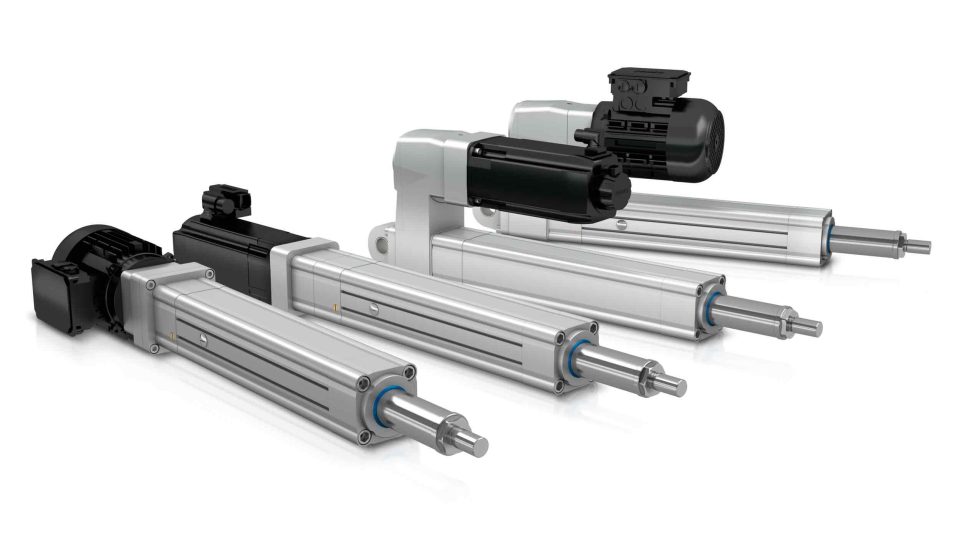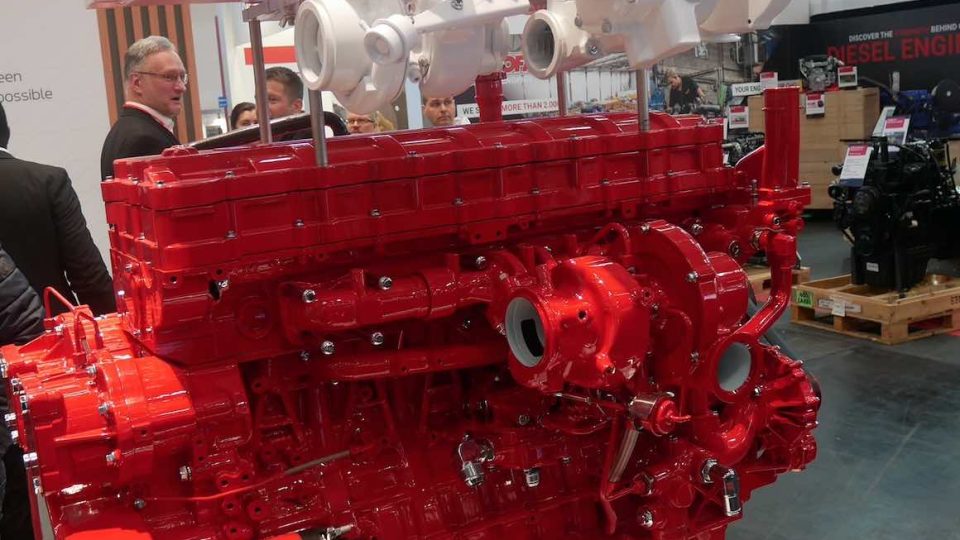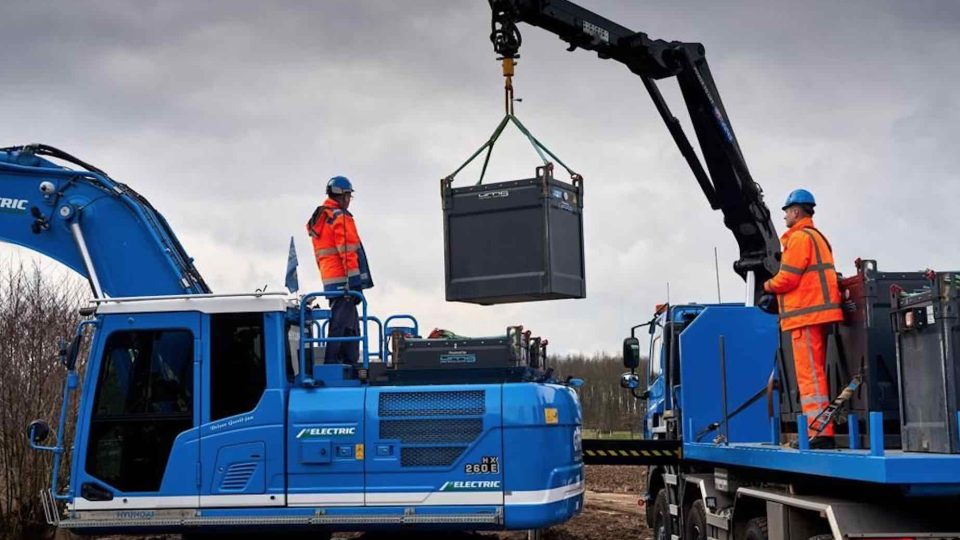Caterpillar suggests three ways to save on fuel
Here are three places identified by Caterpillar experts to start saving fuel
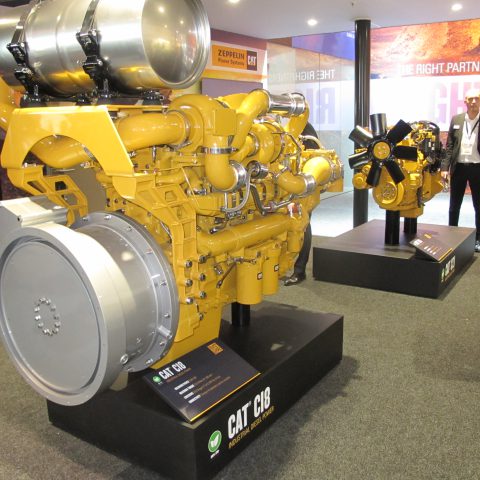
Here are three places identified by Caterpillar experts to start saving fuel (in the opening image, Cat C18 engine at Bauma 2022). With fuel consistently at or near the top of your annual operating expenses, it doesn’t really matter if the price of diesel is up or down. Any savings you make in the area of fuel consumption go straight to your bottom line. And the improvements you make now will pay off down the road when the cost of fuel inevitably rises. Here are three easy places to start saving:
1. Reduce idle time
Idling drives up fuel costs fast. If you log 2,000 hours per year on a machine, and your operators spend 20% of that time idling, that’s $900 in wasted fuel (assuming $2.25/gallon). But experts say it’s not unusual for idle time to represent as much as 40-50% of total running time. So double that number — you could be wasting fuel to the tune of $1,800 or more annually. And if you own the machine for five years, that’s a total of $9,000 lost. Think of what else you could have done with that money.
How do you get a handle on idle time? Here are a few simple tips:
- Limit idle at shutoff to two minutes for older engines, almost none for newer ones.
- Turn off trucks waiting more than five minutes to load or unload.
- Restrict morning warmups to three to five minutes.
- Turn off equipment during lunch and breaks.
- Use automatic shutdown when available.
2. Train your operators
Here is the second advice by Caterpillar: don’t underestimate the power of the people behind the controls to help you get a handle on fuel costs. Research shows that a skilled operator can use 10-12% less fuel every day than an unskilled one. That’s in addition to benefits like improved productivity and enhanced safety on the job.
Unfortunately, finding skilled operators can be tough. In a 2019 survey of U.S. construction firms by the Associated General Contractors of America, 80% of respondents said they struggle to find qualified employees to fill the hourly positions that represent the bulk of the construction workforce.
But here’s some good news: Operator training isn’t just a tool to reduce fuel costs. According to the American Society for Training and Development, it’s also one of the most effective ways to increase employee loyalty, improve retention and attract top people. Investing in operator training is win-win — good for keeping fuel costs down AND keeping good workers on the job.
3. Use the data
According to a 2017 survey by the Association of Equipment Management Professionals, more than 80% of respondents are using equipment telematics or plan to start soon. One of the primary ways they’re putting the data to work is to reduce fuel consumption – 29% are tracking idle time and 27% are monitoring fuel use.
Fuel data is powerful. If consumption goes up suddenly and the operator’s task hasn’t changed, that’s a signal something needs attention. Maybe your site layout is inefficient or operators need more training. Perhaps tire pressure is low or you’re using an undersized machine, bucket or work tool for the job. Fuel data can also help you uncover issues like dirty fuel injectors, plugged air filters, defective sensors, a slipping clutch and much more. These are all problems you can fix to keep fuel costs from rising out of control.




